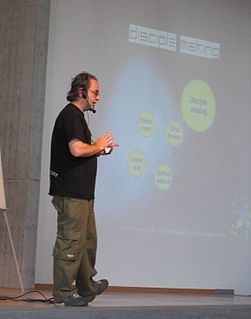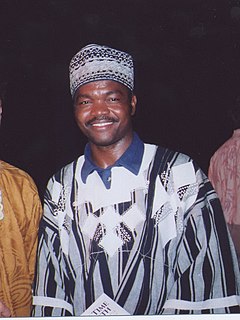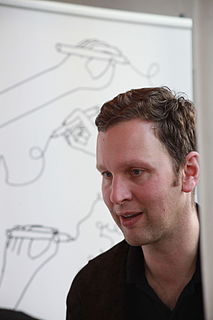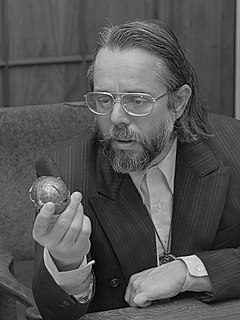Цитата Алана Хёрша
Но в этом и заключается загвоздка: христианство находится в долгосрочной тенденции к упадку во всех западных культурных контекстах, которые мы можем идентифицировать.
Связанные цитаты
Итак, в этом заключается выбор для тех из нас, кто является христианами. Мы можем либо остаться в христианстве, которое мы освоили, с Иисусом, которого мы приручили, либо мы можем оставить христианство как пункт назначения, принять христианство как образ жизни, а затем отправиться в реальность, где Бог присутствует и живет в каждом человеке. каждое человеческое сообщество и все творение.
Исторически обычаи и традиции повседневной жизни в Африке отвергались западными культурными антропологами как примитивные, хаотичные, языческие действия, которые должны быть заменены христианством, единственной цивилизованной религией. Запад также давно полагал, что он должен преобразовать племенные культуры в грамотность, то есть в совершенно иной взгляд на мир, на жизнь в мире. Большинство африканцев, добившихся комфортного западного образа жизни, являются христианами. Почему? Потому что это идет в комплекте: христианство, грамотность и материальный образ жизни объединяются.
500 лет после падения Западной Римской империи были названы поэтом Петраркой «мрачными». Хотя итальянец 14-го века имел в виду литературный упадок, этот термин прижился для обозначения, казалось бы, обратного поворота, который западный мир сделал в отношении религиозного и технологического развития.


































